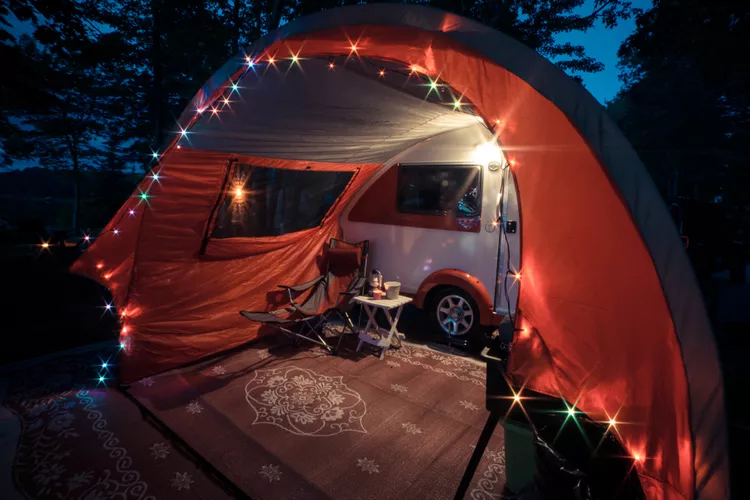4 Reasons to Consider Teardrop Trailers
What Are Teardrop Trailers?
Teardrop trailers represent one of the oldest forms of RVing. Before the era of mass production, many adventure enthusiasts built their travel trailers inspired by publications like Popular Mechanics. Designed for simplicity, these trailers offered functionality and comfort needed during their time. Recently, teardrop trailers have regained popularity, providing travelers with a minimalist approach to hitting the road while retaining essential home-like amenities.
The distinct teardrop shape is easy to recognize, characterized by a rounded front that tapers at the rear. The front section serves as a cozy sleeping area, while the back contains a galley and storage. This unique design raises the question of what benefits come from choosing a teardrop trailer.
4 Reasons to Invest in Teardrop Trailers
Low Cost, Low Impact
One of the primary advantages of teardrop trailers is their affordability and minimal resource requirements. Due to their lightweight nature, your vehicle won’t struggle to tow them, translating to less fuel consumption. Moreover, even the most compact RV park spaces can accommodate a teardrop trailer. Their manageable size makes them easy to control on the road, making them perfect for a spontaneous “get up and go” RVing lifestyle.
Aesthetics and Function
Teardrop trailers are not only practical but also visually appealing, often custom-built with beautiful wooden exteriors and retro paint schemes. The allure of these trailers lies in their combination of style and functionality.
A well-constructed teardrop trailer can comfortably sleep two to three people while providing an efficiently designed kitchen space. Some enthusiasts have equipped their units with full electrical systems, air conditioning, and even televisions, while others prefer a more rustic setup with basic sleeping areas and galley facilities.
Ultra-Towable
As the smallest type of trailer in the RV market, teardrop trailers typically range from five to seven feet in width and rarely exceed 12 feet in length, resulting in a small footprint. Consequently, you don’t need a heavy-duty truck to tow one; in fact, many vehicles, including subcompact cars and motorcycles, can easily accommodate a teardrop trailer.
Pro Tip: Consider building a customized teardrop trailer designed to be towed by the smallest of vehicles. Even if a pre-built model isn’t suitable for your car, creating your own can be a rewarding way to explore the open road.
You Can Build Your Own
Teardrop trailers gained immense popularity early on because their design allows almost anyone with basic carpentry skills to construct one, often using materials sourced from local scrap yards. The DIY approach empowers individuals to paint, add fixtures, and repair their trailers without relying on dealerships or repair shops.
Although the rise of mass-manufactured RVs shifted interest away from building custom trailers, the recent revival of teardrop trailers has sparked a renewed interest in craftsmanship and self-sufficiency. By creating your own teardrop, you ensure it reflects your unique style, with many skilled enthusiasts producing stunning models at a reasonable cost.
If you prefer solo travel or adventures with one companion, and appreciate low-cost, minimal-impact exploration, a teardrop trailer might be the ideal choice. Dive into the world of teardrops through various online resources and get inspired to either explore existing models or embark on building your own. The teardrop trailer truly connects you to the rich heritage of RVing.




